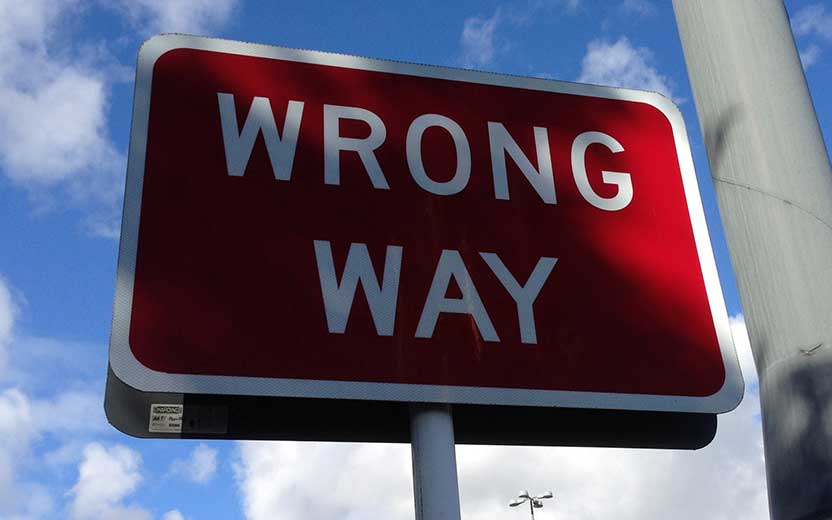By Marcus Fernandez
Social media has become a cornerstone of communication today. It connects us with old friends and between miles; shares vacation moments faster than a postcard; and has become a news resource for nearly half of Facebook users. It has also become a platform where users share unexpected moments, personal challenges and celebrated achievements. It’s no wonder that when someone is involved in an accident, they take to social media to tell their story – representing a relatively new area of concern for personal injury attorneys.
Take, for instance, the 2011 case of a New York woman who had claimed that she fell off a defective chair causing “serious permanent personal injuries” and “loss of enjoyment of life.” The furniture manufacturer sought, and was granted, access to the woman’s Facebook page, even though she had privacy settings in place. Posts and photos on her site showed the woman traveling and engaging in activities which the defense argued, correctly or not, were inconsistent with her claims of injuries and damages. Of course, while someone can be injured and still travel or enjoy themselves, these photos pose potential issue for the prosecution. When presented to a jury and out of context, the implication can be a detriment to a personal injury suit.
Recently, the Reverend Al Sharpton’s daughter filed suit against the city of New York claiming $5 million in damages after she sprained her ankle on a city street. Shortly after filing suit, Dominique Sharpton took to Instagram to post a proud photo after hiking to the top of a mountain. Ms. Sharpton was ordered by the judge in her case to preserve all social media images, posts and emails as they related to her post-accident health and mobility.
DISCLOSURE OF SOCIAL MEDIA INFORMATION
As social media has evolved to become a primary communication channel, networks have begun to create policies and procedures to validate requests and disclose information. Channels, such as Facebook, will not disclose posts, photos and other information unless pursuant to a subpoena. However, a judge may still rule that a claimant or plaintiff must disclose their social media information should a specific request be made. As such, most social channels have begun creating methods for people to download their full profile history.
The legal system has even adjusted to new platforms such as Snapchat, which are expected to only temporarily save photos and messages. The Snapchat Transparency Report disclosed that between November 1, 2014 and February 28, 2015 the company had received 375 requests for data on 666 user accounts in the United States. Information and data was provided for approximately 92% of those requests. Additionally, law enforcement can request that user data be preserved for up to 180 days.
SOCIAL MEDIA SILENCE IS GOLDEN
So, should claimants refrain from airing grievances on their social media pages? In short… yes.
The fact is, that social media offers very little help to a claim. Privacy settings are no longer a barrier, and more often than not, judges are requiring victims to turn over photos and posts from their social media accounts. Adding to the concern – it’s not just opposing counsel checking up on claimants – insurance companies are doing their homework too. The easiest advice is: “Don’t put anything on social that you wouldn’t say on the witness stand.”
Additionally, this is more than just a “claimant beware” situation. Witnesses, jurors and even judges can be investigated through these same channels providing a multitude of information in personal injury cases.
TRIED & TRUE RULES FOR SOCIAL MEDIA IN YOUR PERSONAL INJURY CASE
When it comes to your case, here are a few simple rules of thumb:
Understand what your social media profile says about you.
Remember, you are what you post. It’s important to view your social media history, and understand what it may infer about you. Many social media platforms offer tools such as Facebook’s “Download Your Information” tool or Twitter’s “Download Your Archive” tool which allow users to save their full history including Timeline info, posts you have shared, messages and photos. Additionally, external programs such as Instaport allow you to download your full Instagram history to a Zip file.
Check and modify your privacy settings.
Log on to each social media platform, and review your privacy settings to ensure that you are limiting who can view content from your page. Additionally, use tools such as Facebook’s “View As” tool which allows users to see what information is visible in public search, as well as their “Timeline Review” tool which allows you to review and approve tags, photos and check-ins before being posted to your timeline.
Do not post about your case.
Refrain from posting any information about your case including: conversations with your attorney, doctor’s visits, email exchanges or insurance company frustrations.
Remember that posts, images and check-ins can be used against you.
Even with the highest privacy settings, it’s important to understand that anything you post could be used in a courtroom. Ask your friends and relatives to post responsibly, or refrain from tagging you. Check-ins can imply activity, or prove that you were/weren’t somewhere when you said. Images of you being active may also imply that you are not as injured as you allege.
Limit new friend and follower requests.
In addition to modifying your privacy settings, claimants should refuse any new friend requests from users you don’t know personally. Additionally, you may want to review your current list of friends and followers to ensure that everyone listed is someone that you personally know, and is unrelated to your case.
By taking a proactive approach, you can potentially protect yourself by limiting the information that is discoverable in your personal injury case. Claimants are encouraged to consult with their attorney should they have any questions.


